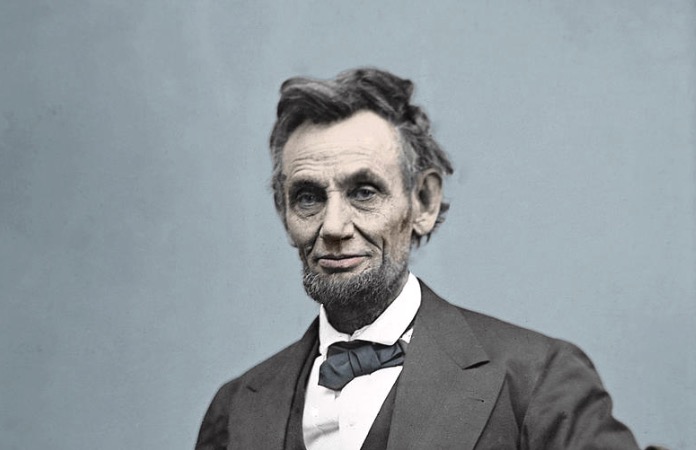Party platforms are worthless—obsolete. What at one point framed at least policy guideposts is a relic. We are now surrounded by declarations and performers. Could Abraham Lincoln, with his awkward appearance, thoughtful meditations, and succinct explanations, be elected in today’s political bazaar?
We also face an overarching puzzle. Can a billionaire who spends most of his time with tech and finance peers understand or care about the wishes and perils of the other classes of human beings? Elon Musk, Jamie Dimon, or Larry Fink (Tesla/SpaceX, JP Morgan-Chase, and BlackRock) have little feel for the masses, but have more than enough money to buy performers.
As those with a sufficient bankroll to reach large audiences begin to analyze the 2028 Presidential take-off, what is ahead for us? Writ large, will the campaigns result in the U.S. being led by a steadier hand? Or, will hard-edged volatility continue to prevail, whether on the Right or Left?
Okay, I concede, my views are, in part, shaped by my wants. I want a return to sanity. I want the re-emergence of anticipation—predictability—making sense.
On the Left I would prefer the abandonment of Utopianism. It is okay to want progress, but the Left has been awash in debt-funded progressivism without connecting the dots. What, it must be asked or at least should be asked, do we get from whatever program at whatever price? And, assuming a willingness on the Left to raise taxes, how much of the resulting revenue should be used to pay down the $38 trillion dollar national debt? Make no mistake, right now we are leaving our descendants with a heavy burden. Is that progress?
On the Right, I would ask what is the Right? Trumpism? Trump now owns the Republican Party, but his actions do not cohere with conservatism. And if your love affair with our would-be tyrant obscures your vision, what about the 2028 election when he will not be on the ballot? If you point to JD Vance, then you have certainly lost me, because I think temperament has become a policy issue and will be pivotal in the next election. Let me explain.
All politicians that deal in “I hate this, oh, and also you” politics will not be able to lead. And if your modus operandi is to raise hell, count a majority of the public out.
Trump began presiding in the White House on January 20, 2025. At that time his approval level was 49%. Now it is 36%. Trump can’t lead; he can just order and then we must wait around to see what the Courts say about the orders legality. But give him this, he has made Congress superfluous. Is that what we want? And he is undermining the Supreme Court by dragging it into controversies that should be decided by the elected.
If our country’s continuing experiment in democracy is to endure, then we must have leaders that can rally majority support. In a 50-50 electoral framework, leadership on serious issues requires persuasion and negotiation, not just declaration.
So who can do that on the Left? Not Gavin Newsom, the expiring Governor of California. Maybe Governor Josh Shapiro, a leader in a 50-50 State, Pennsylvania. Or maybe Kentucky’s Governor, Andy Beshear, who gains majorities in a Republican state.
On the Right. Well it depends on the provocation. Trump is not a conservative—he is way too impulsive. Take the abrupt embrace of tariffs. Is it a policy or a stick to be used on enemies in the moment? What used to be our close ally, Canada, must suffer a stick beating because Trump doesn’t like its leader, Mark Carney? Trump’s tariff maze is definitional—he is once again punishing our ally, South Korea. Is there a strategy to be found in the maze?
Maybe there will be a gender shift. Niki Hailey, who has avoided an anti-Trump stance since losing to him, will have an interesting opportunity. I like Utah’s Republican Governor Spencer Cox, who calls for a reassertion of “virtue” in politics and governance, recalling Benjamin Franklin.
But my only conclusion that I will be willing to bet on is that it will not be Trump 2. Trumpism without Trump is a losing strategy and script.
Al Sikes is the former Chair of the Federal Communications Commission under George H.W. Bush. Al writes on themes from his book, Culture Leads Leaders Follow published by Koehler Books.


